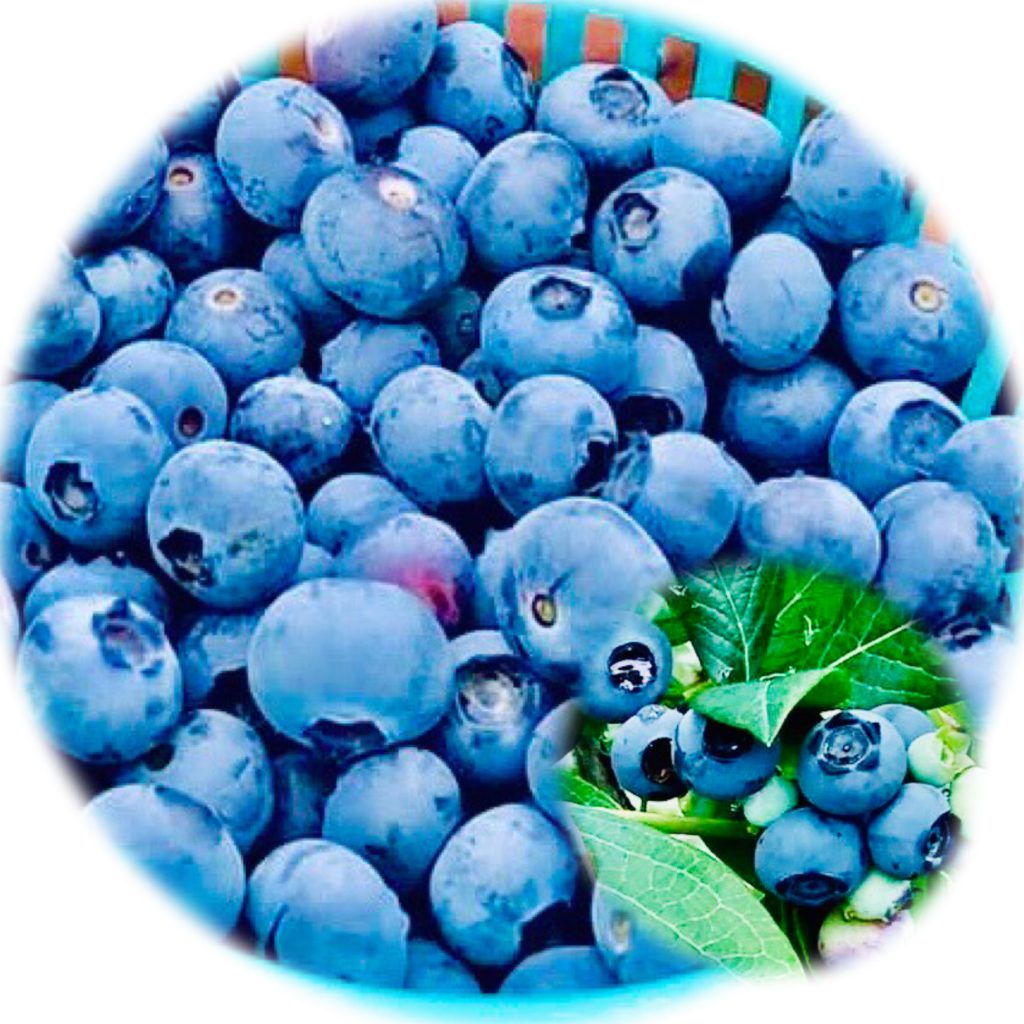
Blueberries, which are said to be the most nutritious in the world, include “anthocyanin,” which has been attracting attention as a nutrient that is good for the eyes, as well as antioxidants, vitamins, minerals, and foods that prevent the body from aging and maintain health. Rich in fiber and other ingredients, it has recently become particularly popular as a fruit that is ideal for supplementing nutrients that modern people tend to lack. It has long been edible in North America, where it originated, and since it was adopted as a military food, it has spread to neighboring Canada, Austria, New Zealand, and Europe. Blueberries were introduced to Japan in 1951 (Showa 26), with “Highbush Blueberries” from Massachusetts in the United States, and then “Rabbit Eye Blueberries” from Georgia in the United States in 1962. The small fruits that ripen one after another in bluish purple bring a refreshing feeling from early summer to summer. Blueberries are sweet and delicious, and have become a familiar fruit as a jam and sauce, as a material for making sweets.
世界一栄養たっぷりと言われる”スーパーフード”ブルーベリーには、目に良い栄養素として注目を浴びてきた「アントシアニン」のほかに、体の老化防止や健康を保つ抗酸化作用成分、ビタミン・ミネラル・食物繊維などが豊富に含まれ、現代人に不足しがちな栄養素を補うのに最適な果物として最近特に人気があります。原産地の北アメリカでは古くから食用とされ、軍用食品として採用されてからは、隣りのカナダ、さらにオーストリアやニュージーランド、ヨーロッパ中に広がりました。ブルーベリーが日本に導入されたのは、1951年(昭和26年)のことで、アメリカのマサチューセッツ州からは「ハイブッシュブルーベリー」、その後1962年にはアメリカのジョージア州からは「ラビットアイブルーベリー」が導入されました。青紫色に次々と熟す小さな果実が、初夏から夏にかけて清涼感をもたらしてくれるブルーベリーは甘くおいしく、ジャムやソースにしたり、お菓子作りの材料としても、すっかりおなじみの果物にもなりました。
